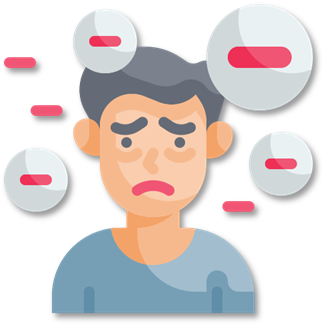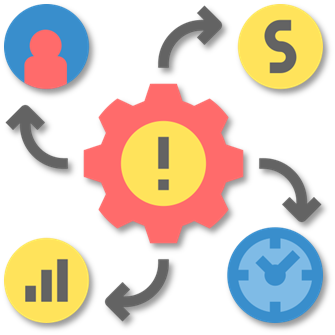Step 3: Effects
| Topic | Question | Answer |
Positive consequences | Which positive effects are expected from the AI-functions - to the performance of the actors who work with the AI (e.g., accuracy, speed, ...)? - to the state of them (e.g., stress, understanding, trust, ...)? | NAO gives the patient a sense of autonomy. NAO protects the patient from negative emotions such as stress about memorizing relatives. NAO increases the number of tasks a PwD can complete at the correct moment. NAO can increase trust of the relatives in the PwD to manage their own lives. This also gives the relatives more rest. |
Negative consequences | Do you foresee potential negative effects of the AI-functions: - on the performance, state and/or values of the actors? - on more general ethical or societal aspects? What are they? | NAO could make it more difficult to remember relatives if it overloads the PwD with information. NAO could upset the PwD if it does not correctly assert which information is sensitive. NAO can cross some ethical boundaries if it shares too much or too little with the PwD. (is emotional state more important than truth?) |
Impact on use-case | What is the impact of the AI functions on the overall use case? What does it add to the use case/how does it improve the use case as a whole? The AI functions should be helping the patient be more ‘self-reliant’. They feel better prepared and less stressed.
|



